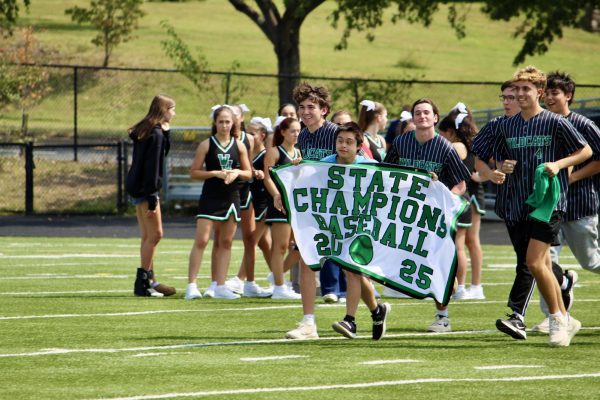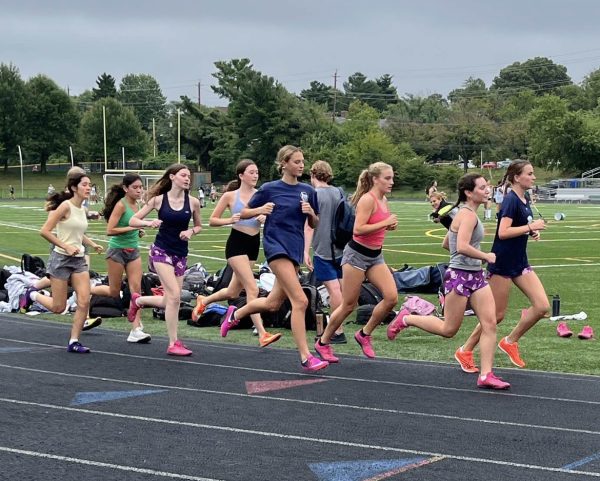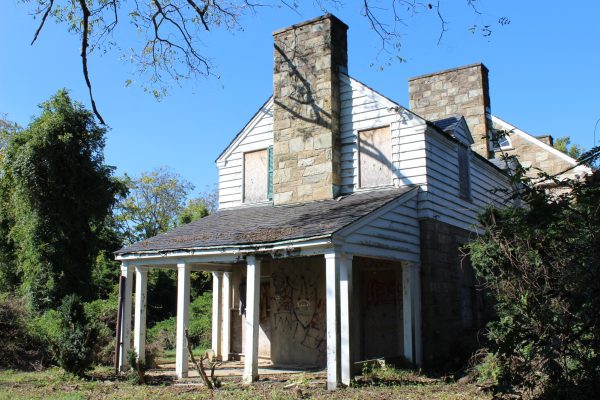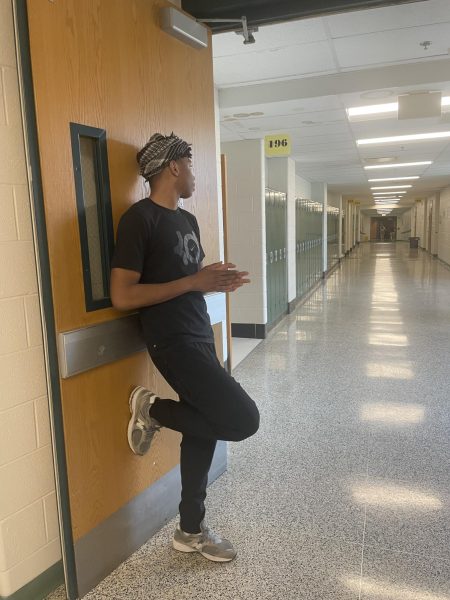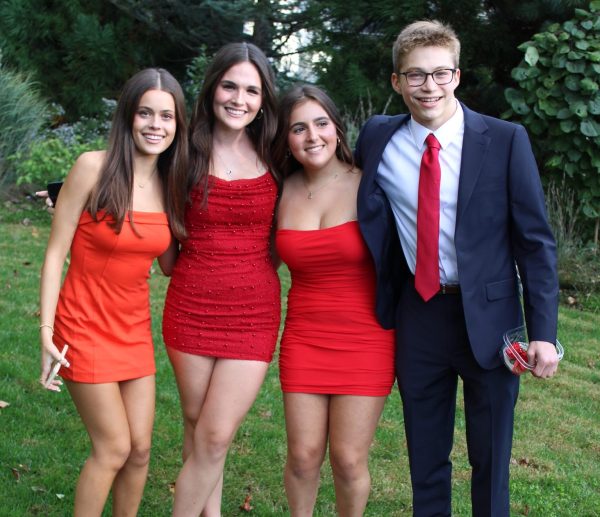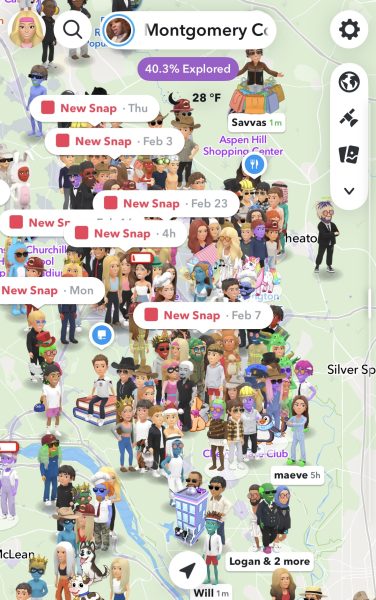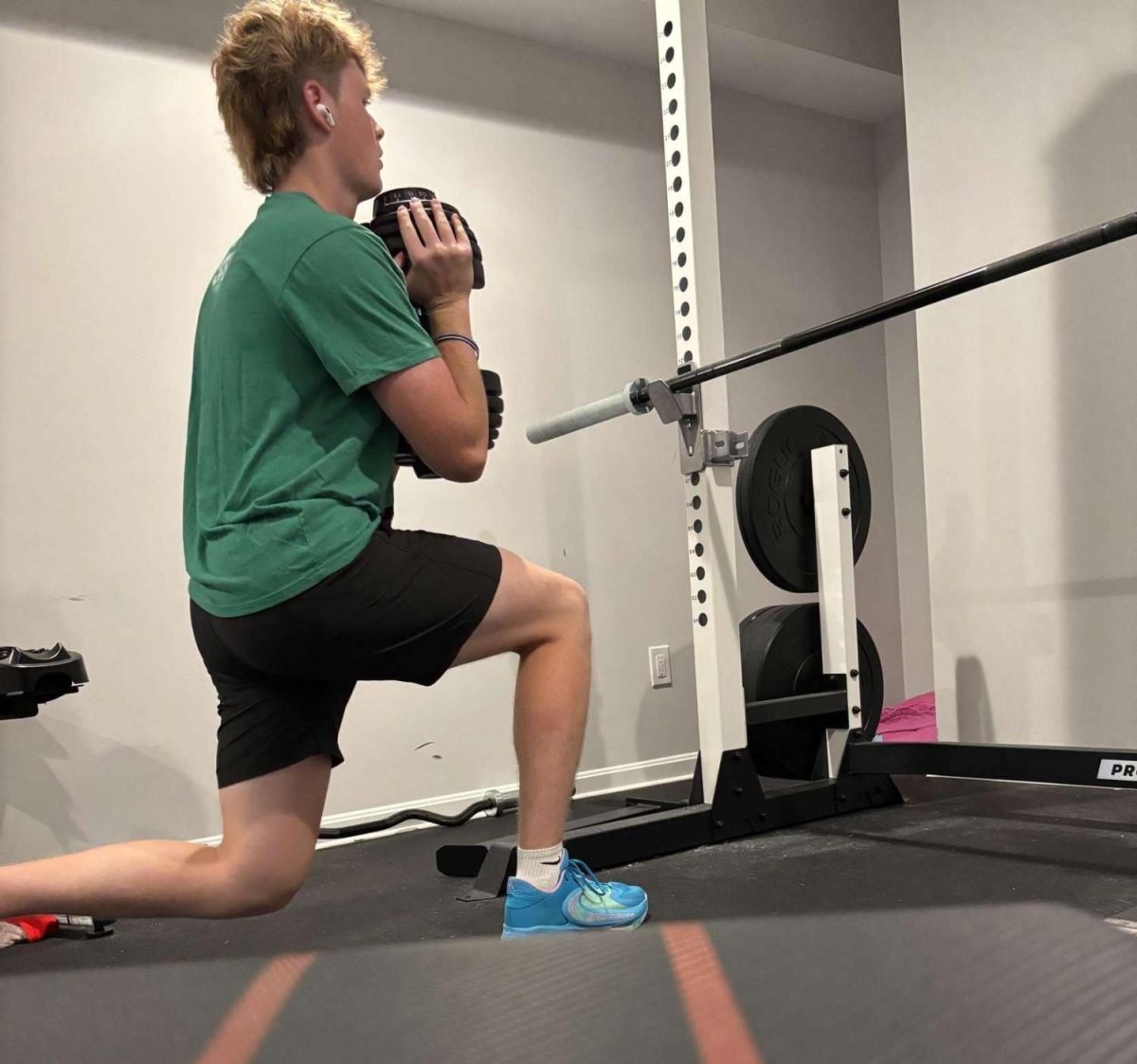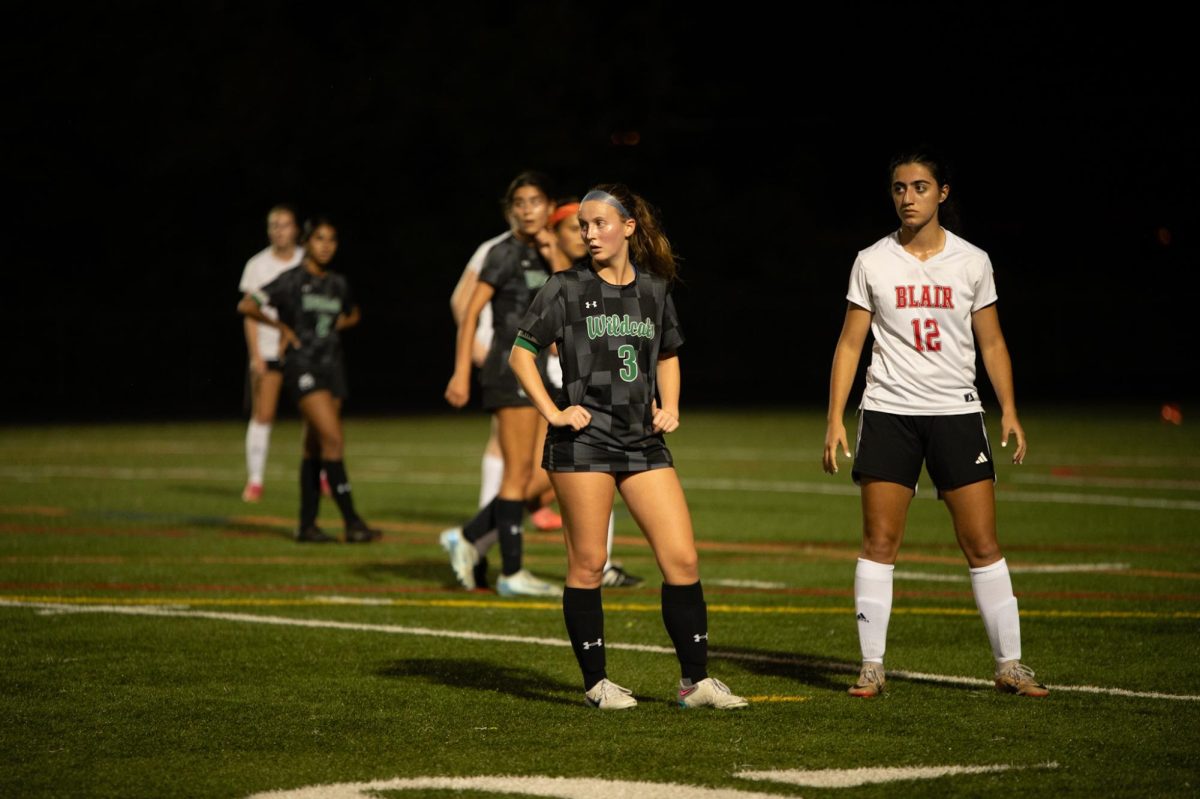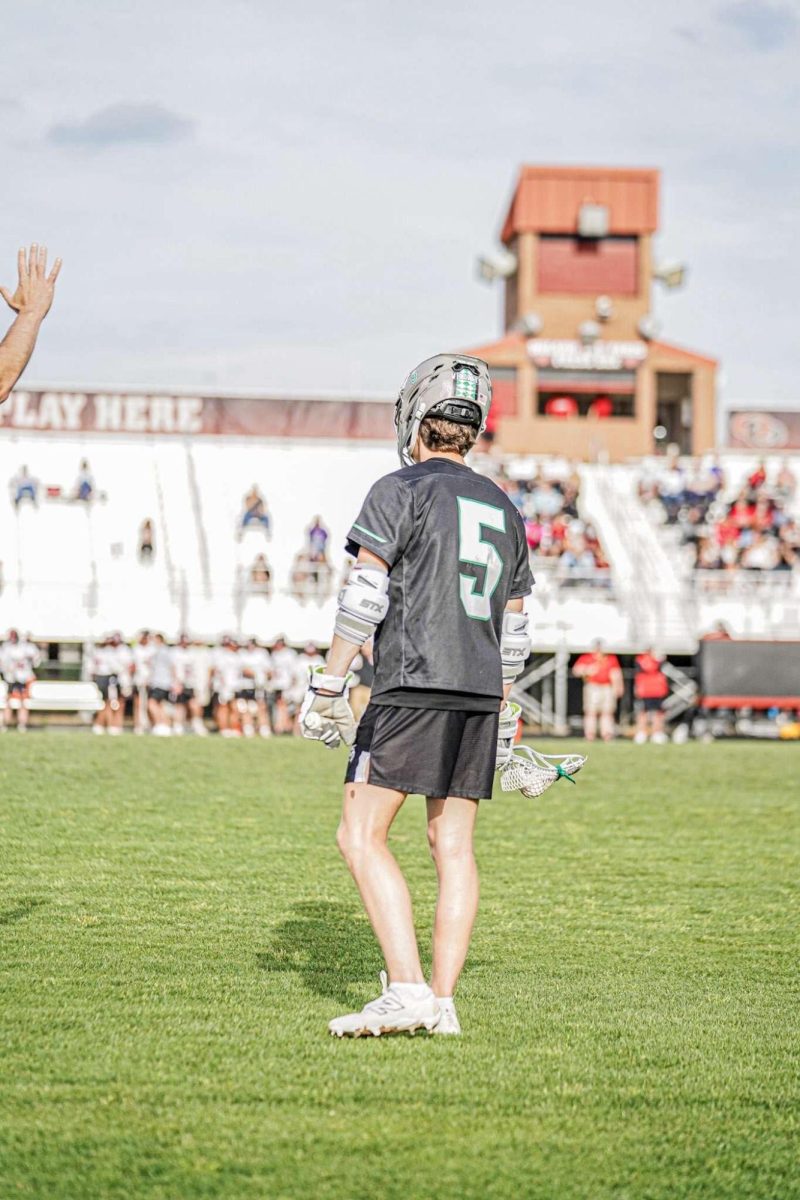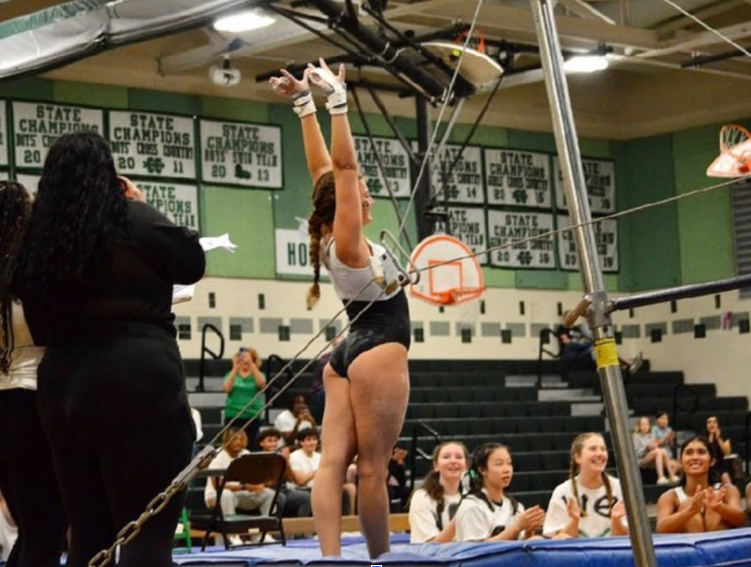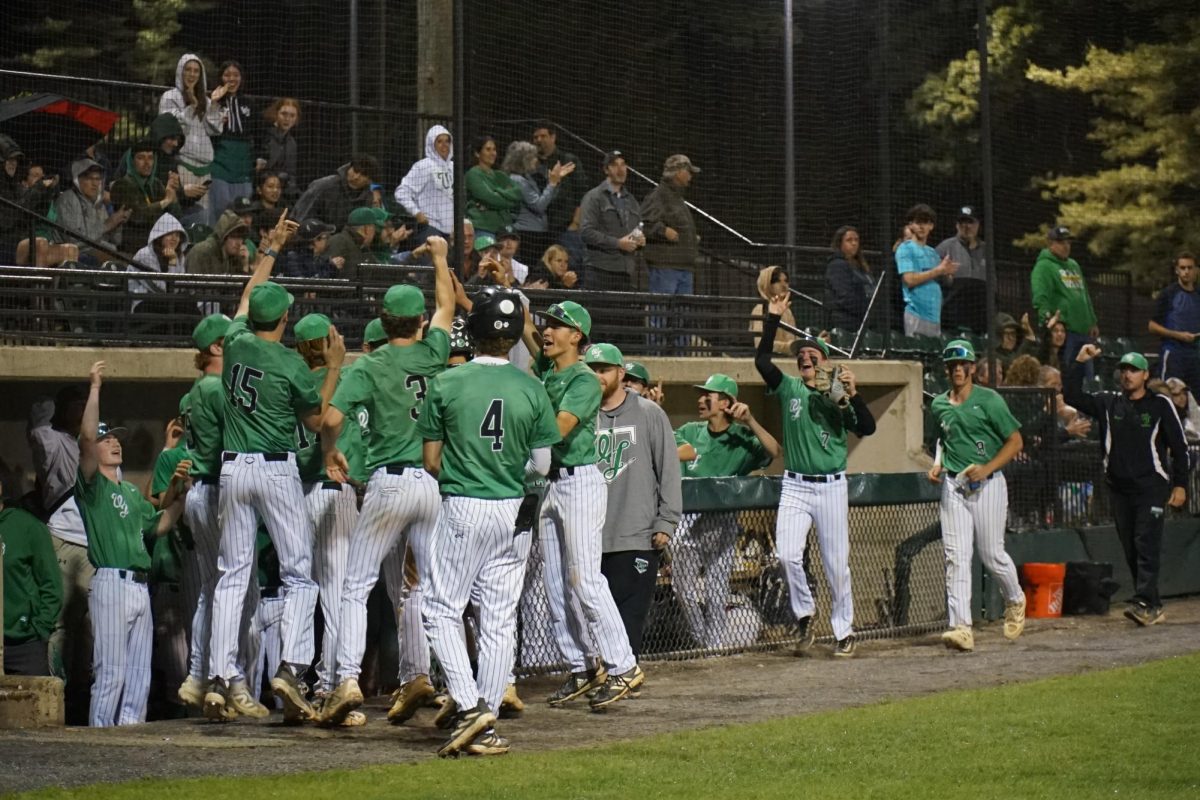Why The “Scandal at UVA” is a Scandal at Other Schools

Photo by Leila Siegel
Though it is a serious issue, sexual assault on campus is not widely discussed.
Dec 19, 2014
If you were to go on the website of any college or university, chances are you would find a page dedicated to what sexual assault is and what a student should do if assaulted.
These pages condemn the crime, as well as offer resources for help.
“Sexual assault is against the law,” reads the first sentence on the University of Colorado-Boulder’s web page on sexual assault.
“Sexual assault, harassment, and other forms of sexual misconduct can have a profound impact on one’s personal and academic life,” states Yale University’s “Sexual Misconduct Response at Yale” page.
Unfortunately, many college women do not follow their college or university’s encouragement to report sexual abuse. According to the Cleveland Rape Crisis Center, a rape on a college campus occurs every 21 hours. Likely, not all of those victims report the attack.
When Rolling Stone magazine published an article about the brutal rape of a girl referred to as Jackie, a student at the University of Virginia, criticism of the University’s administration’s response to the rape, and the general hush-hush nature of sexual assault on campus, sprang up everywhere, from national newspapers to Twitter.
Though the veracity of the story is being investigated, and several details may be false, the issue of campus rape is still at-large.
“I was shocked and very disturbed by the Rolling Stone article. I was surprised by how much the administration appears to have known about the incident,” said Leslie Lipton, a 2006 graduate of the University of Virginia and now a pediatric nurse practitioner.
She says that sexual assault and attempts at assaults at the school still happened when she attended from 2002 to 2006.
“[There was] a fraternity that slipped [a date rape drug] into drinks at a date function. I don’t know if anyone was sexually assaulted as a result of this,” said Lipton over email. She said that she was not shocked by this behavior.
“To this day, I remain very disturbed by the incident, but to be honest, I wasn’t shocked to learn that this had happened. Before I went away to college, my mom and sister warned me to be careful about taking drinks from others,” said Lipton.
Though the veracity of the now infamous UVA article is undergoing scrutiny, the issue of sexual assault on college campuses, not just at University of Virginia, remains a major, though not commonly discussed, issue. However, guidance counselor Dennis Reynolds said that schools are looking to act on it.
“It’s not a new issue. Colleges have really been working on trying to come up with a solution to this for many years,” said Reynolds.
Sexual assault can have profound negative psychological effects, such as depression, PTSD, substance abuse and so on, but it is not well known how many women are assaulted across American college campuses each year.
Jackie’s story, though some details are now dubious, should not have come across as a large shock to readers. There are likely thousands of women who actually get assaulted just as savagely (if not more so) than Jackie, or at least what was described in the article.
“Unfortunately, I think that this issue is far more pervasive than we realize. Of course, [the Rolling Stone article] necessitates prompt and sweeping change in the UVA community, but I don’t believe that issue is unique to UVA,” said Lipton.
Reynolds said he agrees that this issue extends beyond UVA.
“This particular story… has got a lot of people talking. Not only about UVA, but about the issue of sexual assault and relationship violence on college campuses,” said Reynolds.
Senior Ella Bock said that Jackie’s story appalled her.
“When I first read [the article], it just made me feel horrible because, whether or not it’s true, [Jackie’s] account is horrifying and all I can do is imagine if I was in that situation,” said Bock.
Reynolds does not recall any students asking about the frequency of sexual assaults on the campuses of colleges of their choice.
“The specific topic of sexual assault has never come up in any conversation that I’ve had with a student about their college choices. Campus safety [has come up], but campus safety… also encompasses everything that makes a campus safe [besides sexual assault],” said Reynolds.
Senior Tom Alexander also thinks that rape on college campuses is a large issue.
“I think [the Rolling Stone story] still can be very accurate… [and] rape on college campus[es] is a very real thing that we need to address,” said Alexander. He said he can understand why college girls keep their assaults a secret.
According to UMD students interviewed in 2012, fear of getting in trouble for drinking (if they were drunk at the time of the assault) and/or feelings of embarrassment can keep a victim from coming forward.
“[Assault is] obviously something that’s very traumatizing…. so I can understand why [college girls] would want to keep that to themselves,” said Alexander.
Though many people, because of the article, are condemning sexual assault at UVA, named the nation’s top party school by Playboy Magazine in 2012, has relatively few assaults each year on campus.
According to a Washington Post data table of sex offenses on American college campuses, Penn State University had the most sexual assaults reported on campus from 2010-2012 (84), followed by Harvard University (83), the University of Michigan (64), and Ohio State University (61).
Penn State University officials claim that some of the assaults were done by Jerry Sandusky, the university’s former football coach and convicted child molester.
Smaller schools, such as Amherst College, also appeared on the list as #15. Penn State had the most assaults reported per, as 1.22 students per 1,000 students reported the offense.
Bock, who is applying to colleges, said that partying culture is pervasive at many schools.
“The schools I’m looking at don’t have Greek life, but that doesn’t mean people don’t party,” said Bock.
“I do know of students at other Universities who were sexually assaulted by people they knew outside of the context of fraternity life. It’s an unfortunate and horrifying reality that we all need to confront,” said Lipton.
Bock said that she would feel terrible if she were assaulted.
“If I were [sexually assaulted], it would make me feel scared and alone, and I think that’s horrible,” said Bock.



